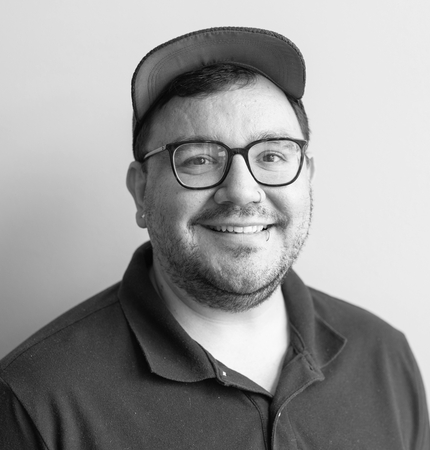
When I was a teenager, my school’s guidance counselor referred me to the Center for Rural Affairs for a summer internship. As a 16-year-old, I was aware of the world outside of me, but a brief stint at the Center opened my eyes to political advocacy and nonprofit work. That summer, I drove a 1990 Chevy Silverado and placed a green sticker on it that said “Family Farms over Factory Farms.” I appreciated everybody’s opinion and passion on issues that were larger than themselves, yet also directly impacted them.
For the last seven years, I’ve worked remotely as a statistician/researcher for an academic medical center in Portland, Oregon. My portfolio and scientific publications have consisted of policy evaluation of health insurance, such as patients who have Medicaid, Medicare, and even no health insurance, and how they use their health care. I’ve also completed research in cancer studies, graduate medical school education, Native American medical school education, diabetic complications, cardiovascular interventions, HPV vaccines in rural Oregon, and patients with multiple chronic diseases. Think of my job as both a computer programmer combined with math and science as I navigate large electronic health record data sets that are in the millions.
During my time on the Board, I’m interested in seeing how the Center can work with the Latino and Native American communities, and any other communities beyond what folks envision as what is “rural” and “Nebraskan,” which I imagine is typically white folks. For the Center to engage these communities is crucial to inclusivity, and I imagine rural communities will thrive. I come from both of these communities as my dad is from a small farming village in Mexico and my mom grew up in Macy, on the Omaha Reservation. I’m really proud of where they’re from, and in turn, where I’m from, and how I contribute to my community with my perspective.

